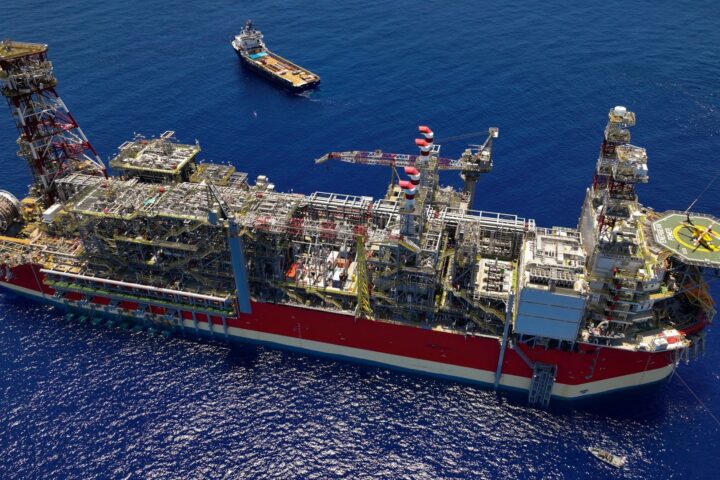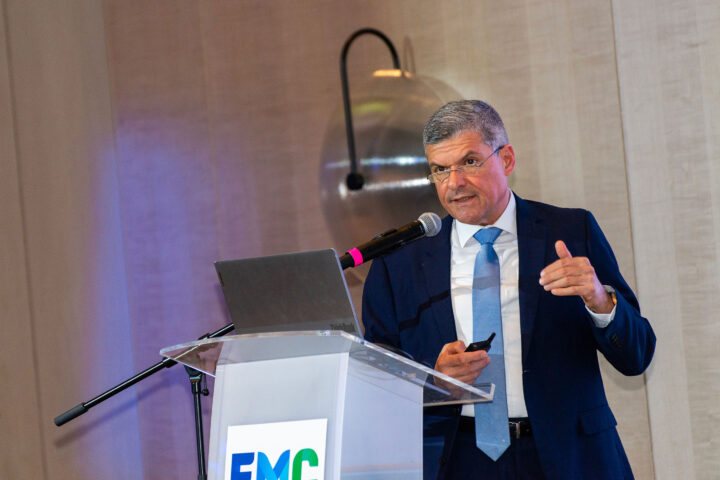China is expected to account for almost half of the total growth in global gas demand between 2022 and 2026.
A new UN report, ‘The Production Gap – Phasing down or phasing up’, said that based on government plans, natural gas production is on track to increase by a third by 2050.
According to Woodside, LNG demand will keep rising on Asia’s energy demand growth.
Associated gas from growing oil production boosted US natural gas production by 9% in 2022.
Shell and BP are pressing Washington and Brussels to intervene in a bitter dispute with US LNG supplier Venture Global LNG, warning the company’s refusal to honour multibillion-dollar LNG supply contracts threatens Europe’s energy security.
And this is at a time when global LNG supplies are sufficient to meet winter demand, but risks remain.
The EIA expects North America’s LNG export capacity to expand to 24.3 billion cubic feet per day (Bcf/d) from 11.4 Bcf/d today as Mexico and Canada place their first LNG export terminals into service and the US adds to its existing LNG capacity.
By the end of 2027, it is estimated that LNG export capacity will grow by 1.1 Bcf/d in Mexico, 2.1 Bcf/d in Canada, and 9.7 Bcf/d in the US from 10 new projects across the three countries.
Chevron resumed production from Israel’s offshore Tamar field a month after hostilities in Gaza prompted it to halt supply altogether, with Egypt and Jordan expected to see gas imports restored.
Despite the Gaza war, Chevron said it will continue to pursue expansion plans for natural gas developments in Israel.
In the middle of the Gaza war, Israel awarded licences to BP, Eni and Socar to explore gas deposits.
Eni said Egypt is expected to resume LNG exports in December or January, initially at low levels.
Gas prices strong
Meanwhile, gas in storage is almost at 100%, pressuring prices downwards.
January prices are down to €47/MWh.
Part of the reason is that Northwest Europe has experienced a mild start to the autumn, with temperatures in Frankfurt 2.5°C above the long-term average in October.
But futures prices have remained strong despite record stocks, discouraging the resumption of industrial use.
The EU-Egypt-Israel agreement to ramp up Egyptian LNG exports to the EU is no longer feasible due to supply disruptions caused by the war in Gaza.
In real terms, front-month gas prices in the EU were around 2.5 times higher than the five-year average for 2016-2020, making spot gas purchases very expensive.
The persistence of high spot and forward prices has ensured EU industrial gas use remains well below pre-Ukraine invasion levels.
Production from energy-intensive industries in Germany is down almost 20% since the Ukraine war.
The German government has agreed to a “massive” new package of tax subsidies for industry worth up to €28 bln by 2028, as it seeks to shield beleaguered manufacturers from high energy costs further.
Germany is reducing taxes on electricity by around €12 bln a year to reduce the burden of high energy prices on the economy.
It sees this as an important step to strengthen industrial production and generate much-needed growth.
The IMF is warning that higher-for-longer interest rates are impacting corporations and households that might be in a precarious position already. Higher interest rates could lead to a surge in defaults, especially in Europe.
EU targets
The EU is likely to miss its climate targets.
There is also an unjust transition ahead.
Europe must spend hundreds of billions of euros in the coming years to reach its climate targets, but with public spending limited by strict budget rules, it will be mostly consumers footing the bill.
The EU methane regulation deal will have repercussions worldwide, especially on oil and gas imports to Europe.
Methane emissions from fossil fuels, both produced in the EU and imported, are to be tracked and reduced following a deal struck by negotiators from EU member states and the European Parliament.
Dr Charles Ellinas is Senior Fellow at the Global Energy Center, Atlantic Council
X: @CharlesEllinas










